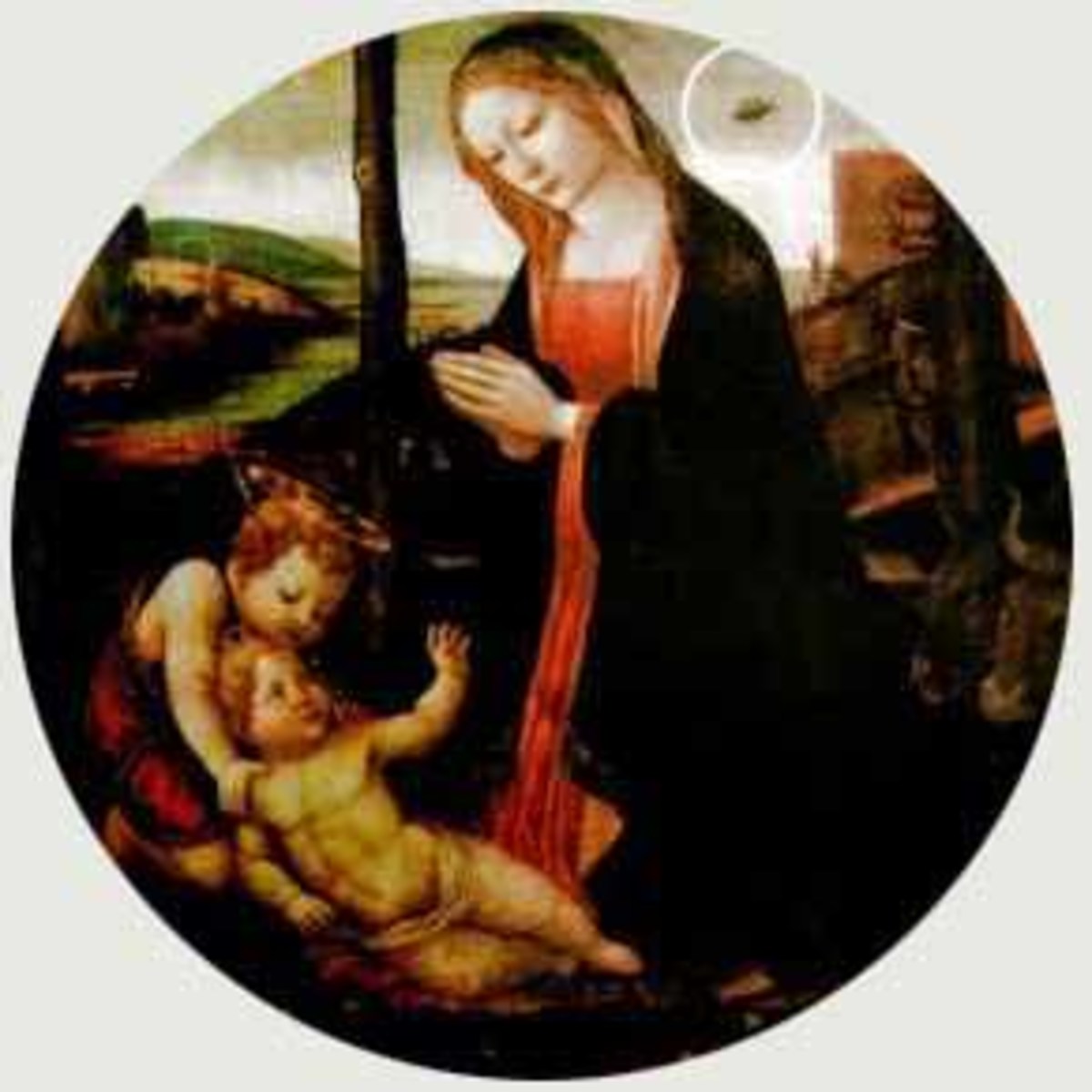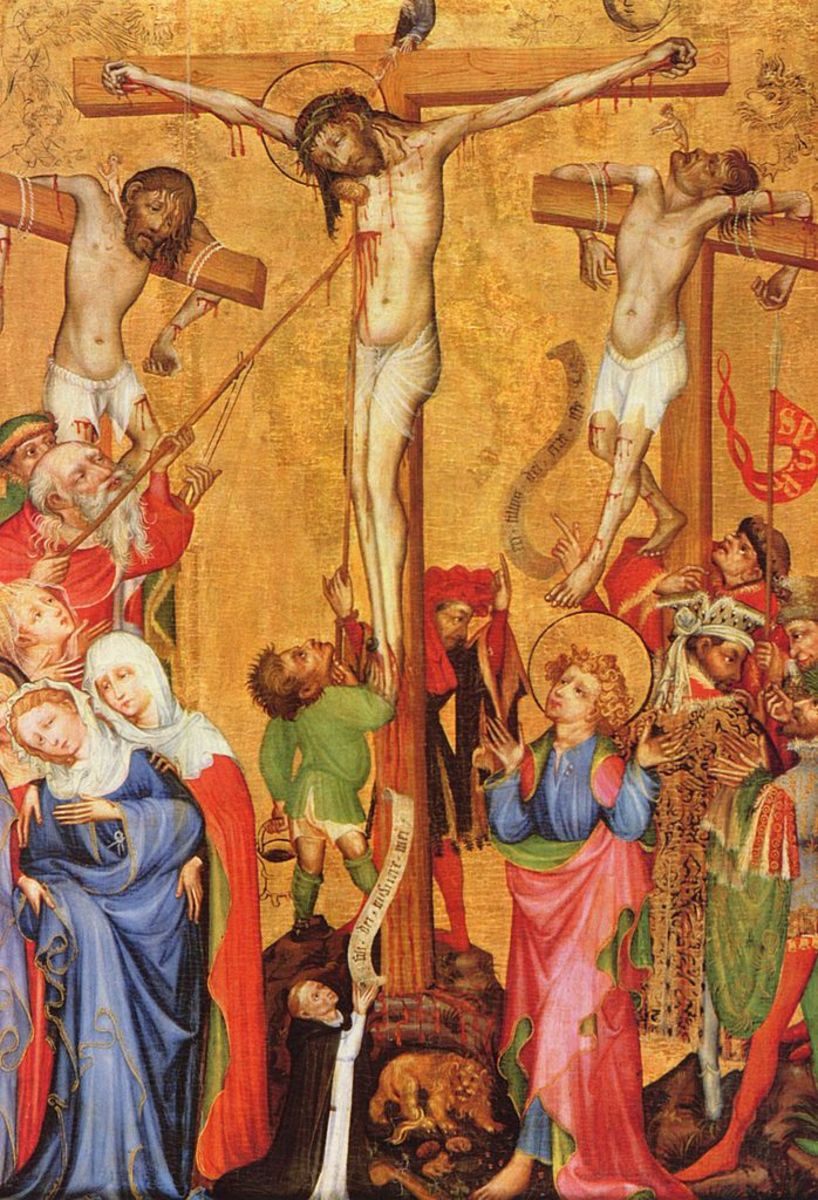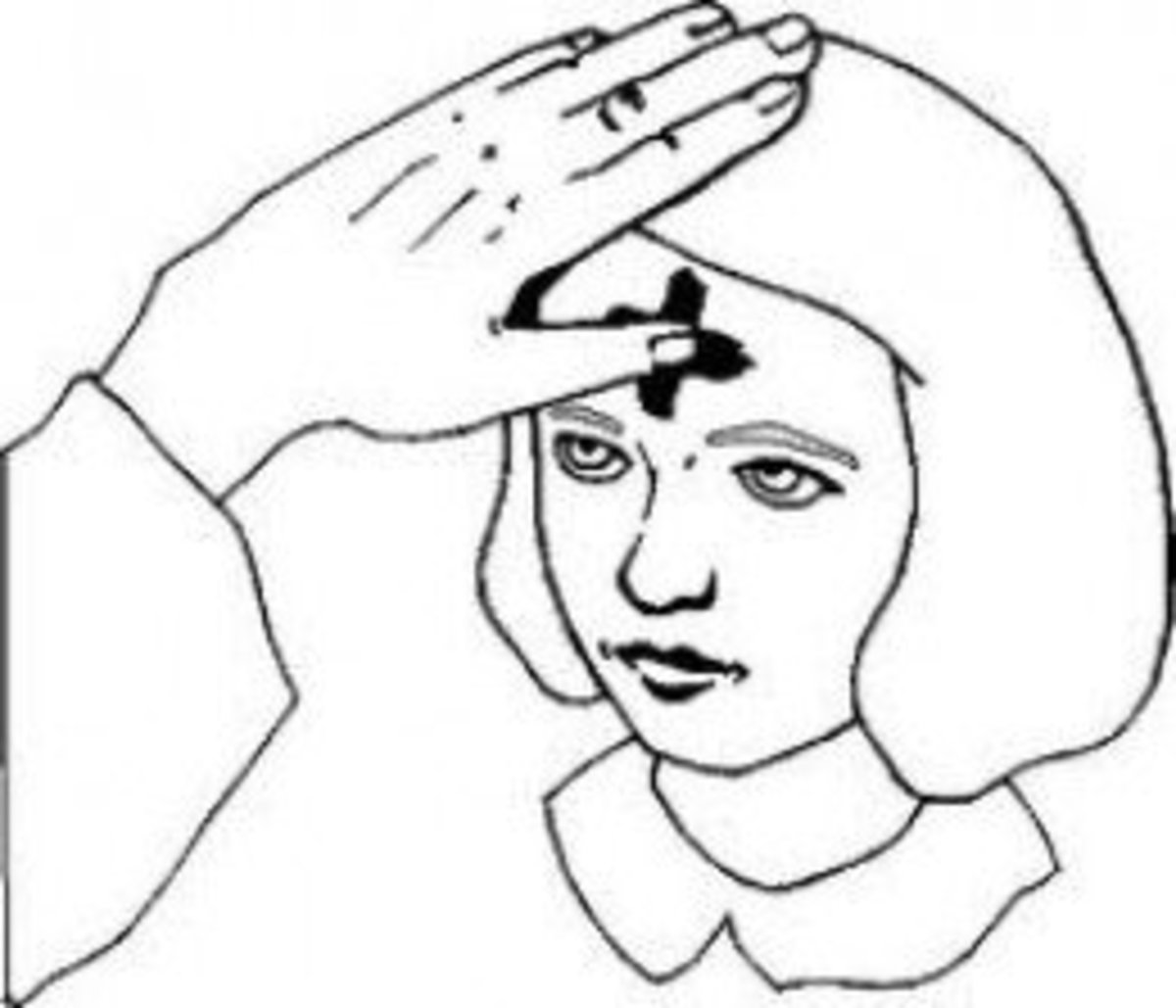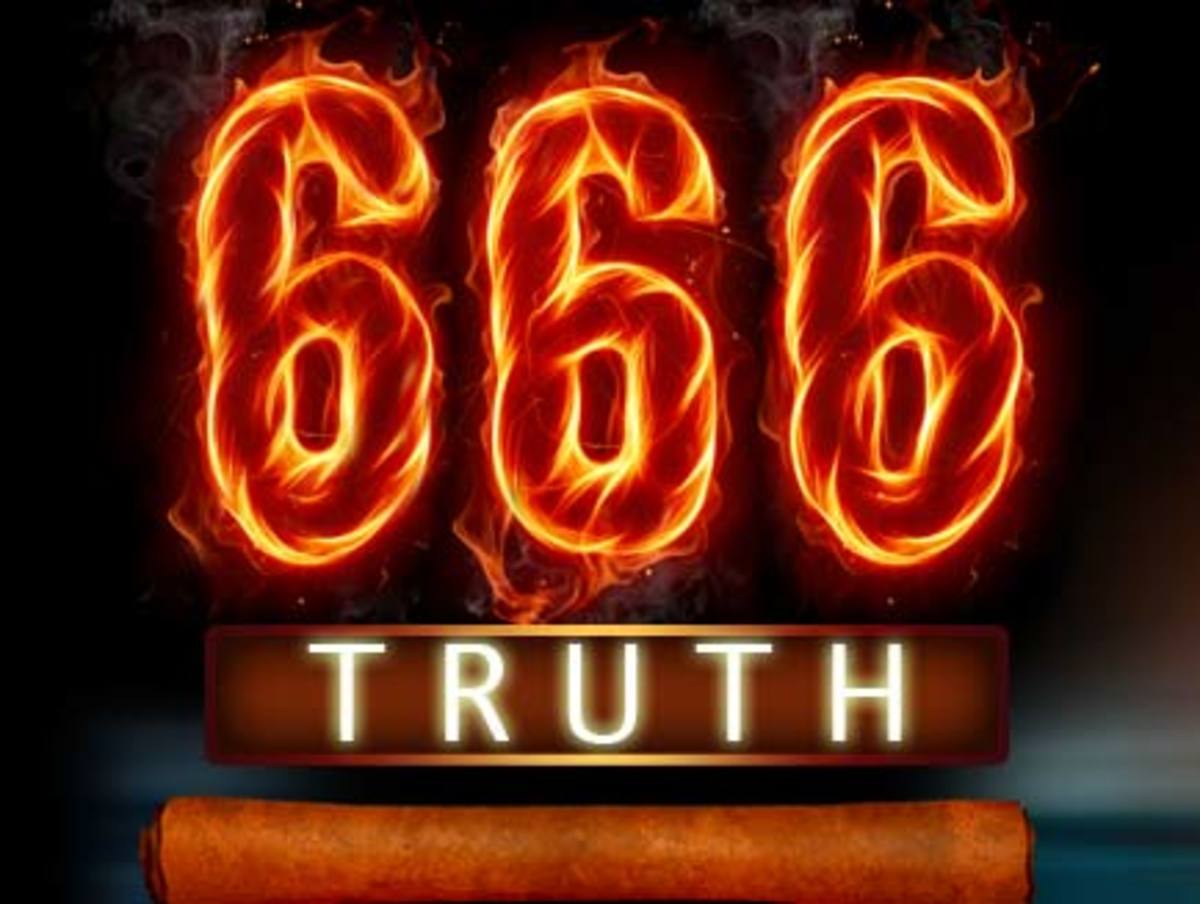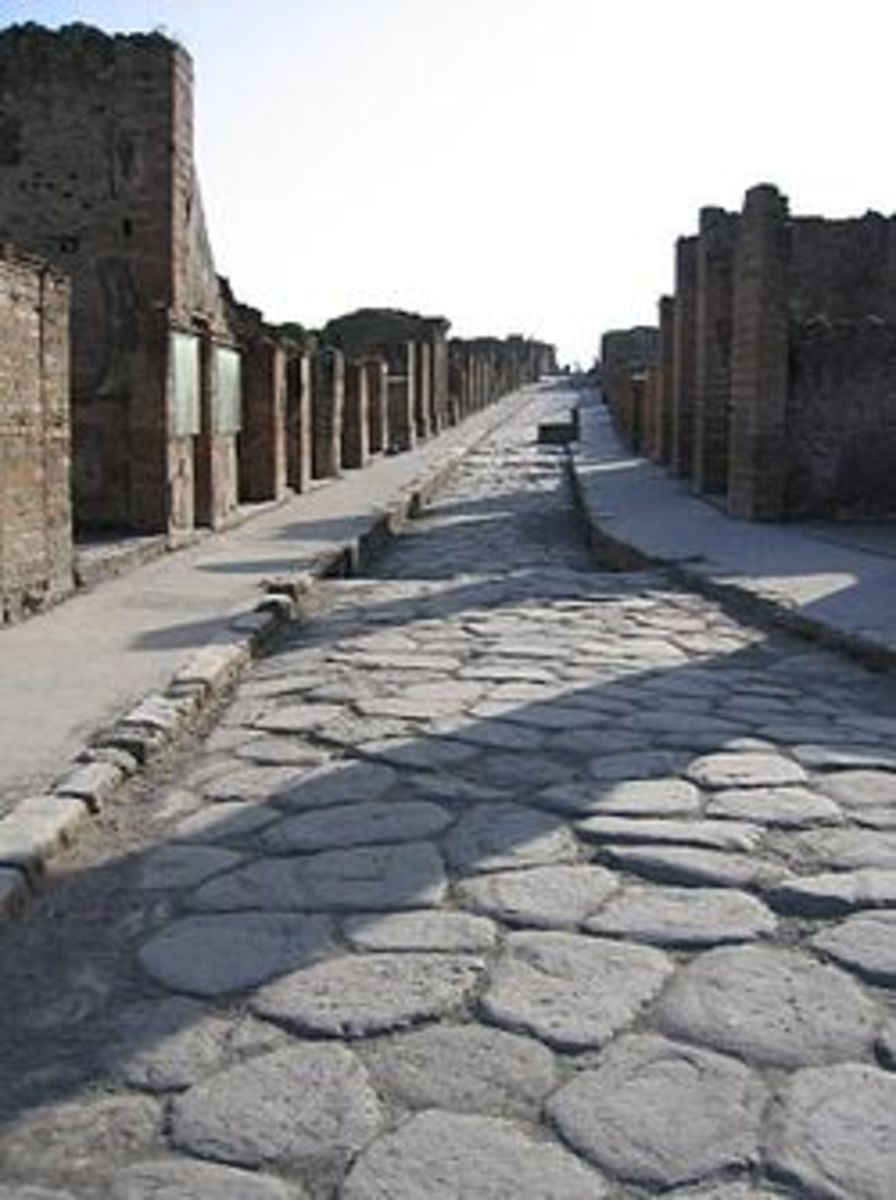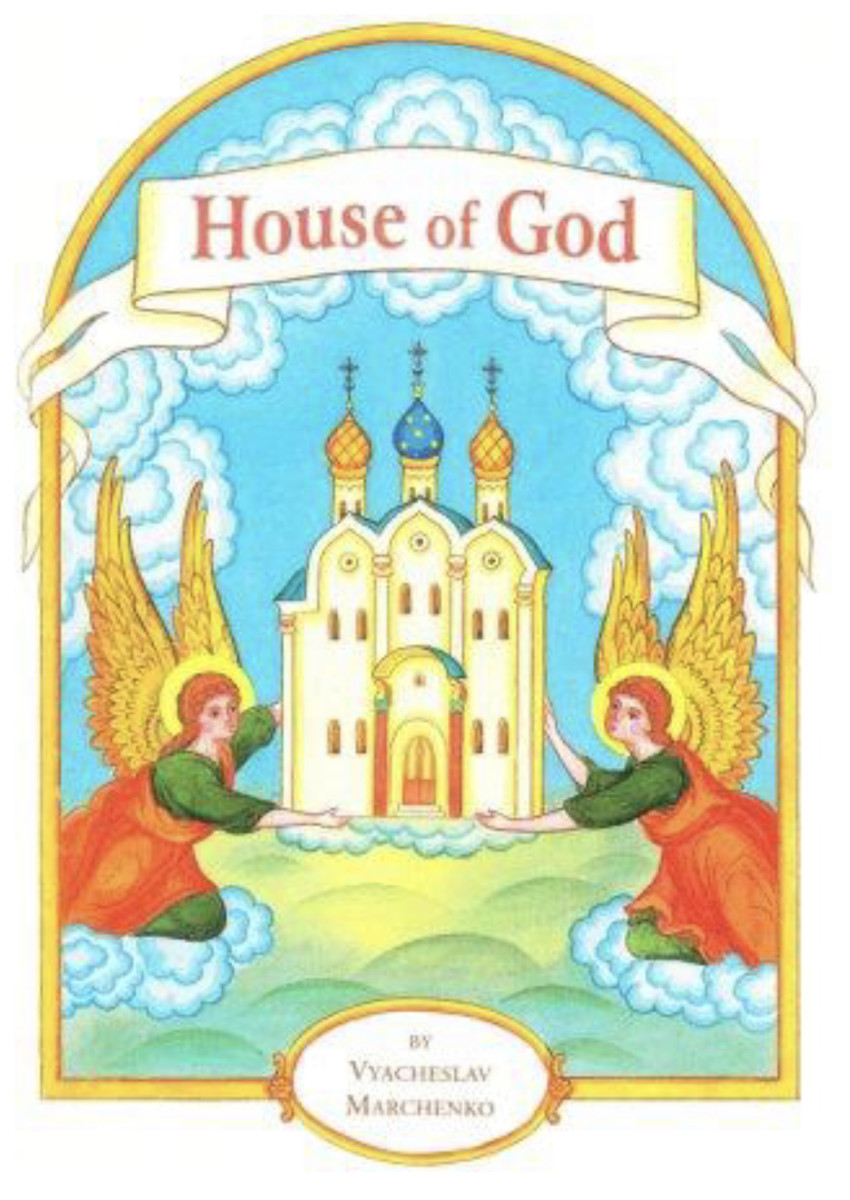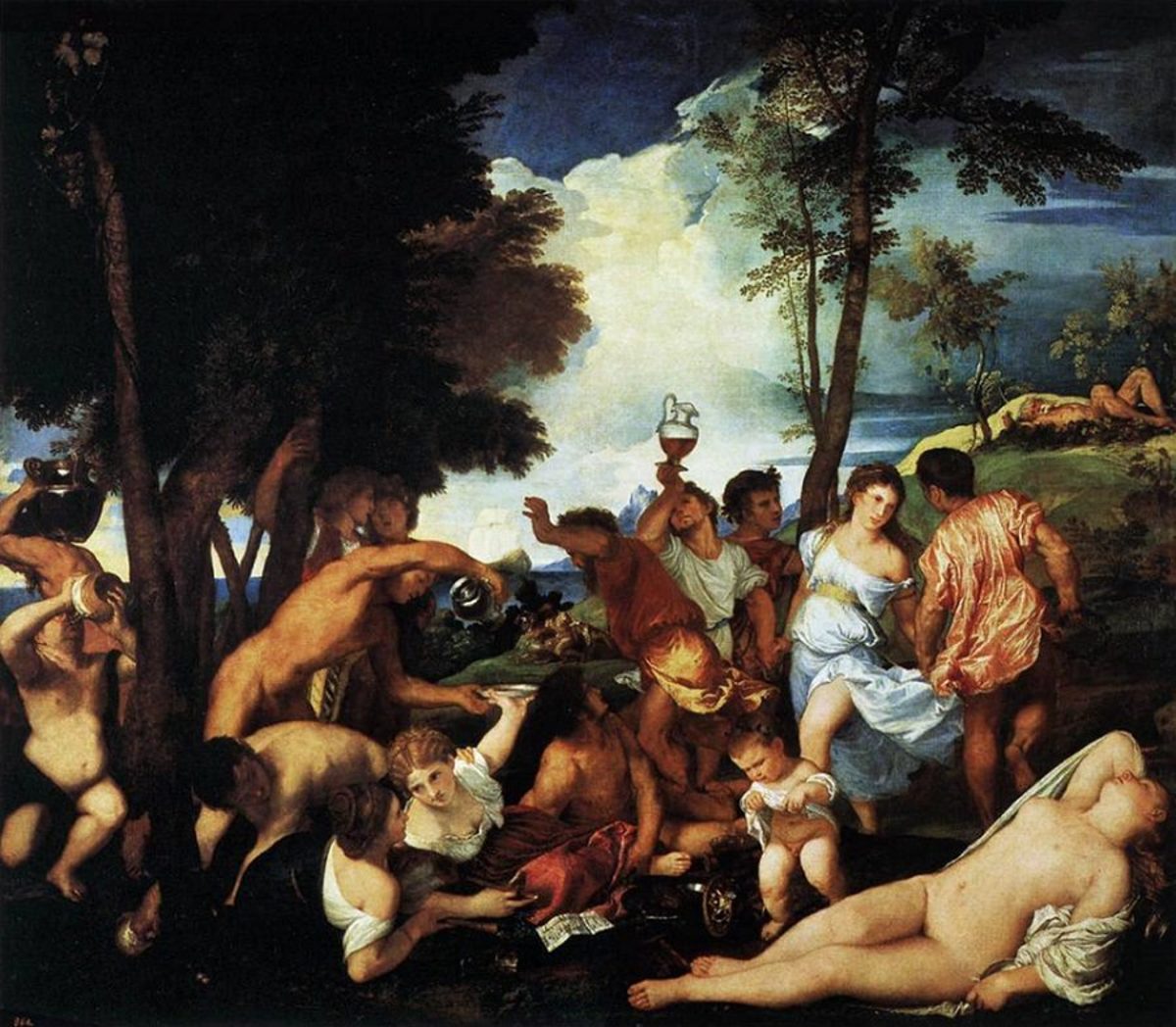The Bible: Most Commonly Sold and Most Commonly Challenged Book in History
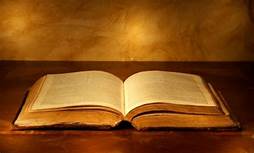
Introduction
Considering the fact that religion is a personal choice, and the religious texts that anyone references for their beliefs are their own decision, it’s interesting to consider the fact that the Bible has been challenged and banned at intervals throughout history. With America having the largest Christian population in the world it is hard to believe that the Bible is also one of the most commonly challenged books in print still today.
The Bible: Controversial Throughout History
Even more surprising is the reason that the Bible is challenged: that it is religious. Despite that fact that we are required to maintain the separation of church and state, the challenge or ban of the Bible makes it seem like leaders want more than separation. It appears that they want only belief or consideration in state regulation. It seems like the attempt to remove freedom of religion from our lives completely, even though it was one of the principles upon which our nation was founded.
Consider this… here in the United States our government apparently upholds a separation of church and state. So, what would be the point of challenging or banning the Bible? It’s separate from government completely. For this reason there would be no right for any federal, state or local government to ban the Bible. It’s a religious text and therefore completely separate from their content!
Currently the Bible is completely banned in Saudi Arabia. In many other countries there is prohibition or difficulty to processes like Bible translation, distribution, sale or promotion. Sometimes the Bible is even considered to be extremist content.
Historically, some countries banned the Bible in certain languages or versions. The Bible in Spanish was banned in Spain from the sixteenth to the nineteenth century. Also, in 1234, King James I of Aragon ordered the burning of Bibles. In 2015, Russia banned the import of the Jehovah's Witnesses' New World Translation of the Holy Scriptures.
Los Angeles Times Top 10 Banned Books of 2015 - Ranked number six simply for having a religious viewpoint. Is that a reason worth banning this historically proficient books from the eyes of readers? People who have the right to choose what they want to read? I cannot see how this is at all a reason worth banning a book completely.
Now, considering the separation of church and state, among other viewpoints, there is much to think about the reasons to keep the Bible out of public classrooms and other places. It may not historically be a governmental supported work, but readers definitely should have the right to choose whether or not they purchase and read it. Their religious beliefs are personal!
Other Religious Texts That Remain Banned
Read below for some more religious texts that have remained banned throughout history...
The Quran (Koran) - Muslim Text
Like the Bible, the Quran has been subject to scrutiny and censorship at different times throughout history. While it didn’t happen as often in the West, proposals and movements advocating outright bans of the Quran occur primarily among extremist, right-wing circles.
The Quran was completely banned in China during the Mao era, and is still completely banned in North Korea. In 1985, Chandmal Chopra filed a writ Petition at the Kolkata High Court in India, trying to obtain an order banning the Quran. The most notable recent (and controversial) ban of a translated edition of the Quran happened in 2013 when a Russian court censored the text under the country's 'extremism' laws.
The Torah - Jewish Text
If you are of Jewish descent, relying upon the Torah for guidance, there are several locations worldwide where there are outright bans of this text. Depending on where you are, issues are raised and the Torah remains banned in some of the more stringent Islamic countries. It is also still banned for non-Jews in several others. One of the most common places where the Torah was banned historically was the Soviet Union. It is important to remember that there have been many periods of anti-Semitism throughout history (such as Nazi leadership in Germany throughout WWII), and during those times Torah-scrolls and books have been banned and even burned.
The Book of Satan or the Satanic Verses
While The Book of Satan (or the Satanic Verses) was a novel published by Salman Rushdie in 1988, it is also considered a religious text on many levels. Based upon the life of Muhammad, prophet of Islam, this title refers to the satanic verses that are mentioned in the Book of Revelation in the Bible. Apparently, the Satanic Verses are those followed by people who say they are Jews but actually are not.
The satanic verses are a group of Quranic verses that allow intercessory prayers to be made to three Pagan Meccan goddesses: Allāt, Uzza, and Manāt. The part of the story that deals with the "satanic verses" was based on accounts from the historians al-Waqidi and al-Tabari.
While having received positive reviews in many other countries, the book was banned in India as hate speech directed towards a specific religious group. Additionally, here in the U.S. Amazon has banned the Synagogue of Satan, another text which was based on these verses. While the tales of history are the basis for this text, the opinions of religion clearly push text off the shelves and out of the hands of readers.
Conclusion
One of the easiest things to learn from this is that religion is likely the most controversial subject throughout history. While countries like ours attempt to maintain a separation of church and state there are always political issues arising from differences between religious groups, and heated topics like books and literature in relation to religion. No matter how we continue to attempt the reference of these works as "religious text" they are still literature that remains a part of society.

